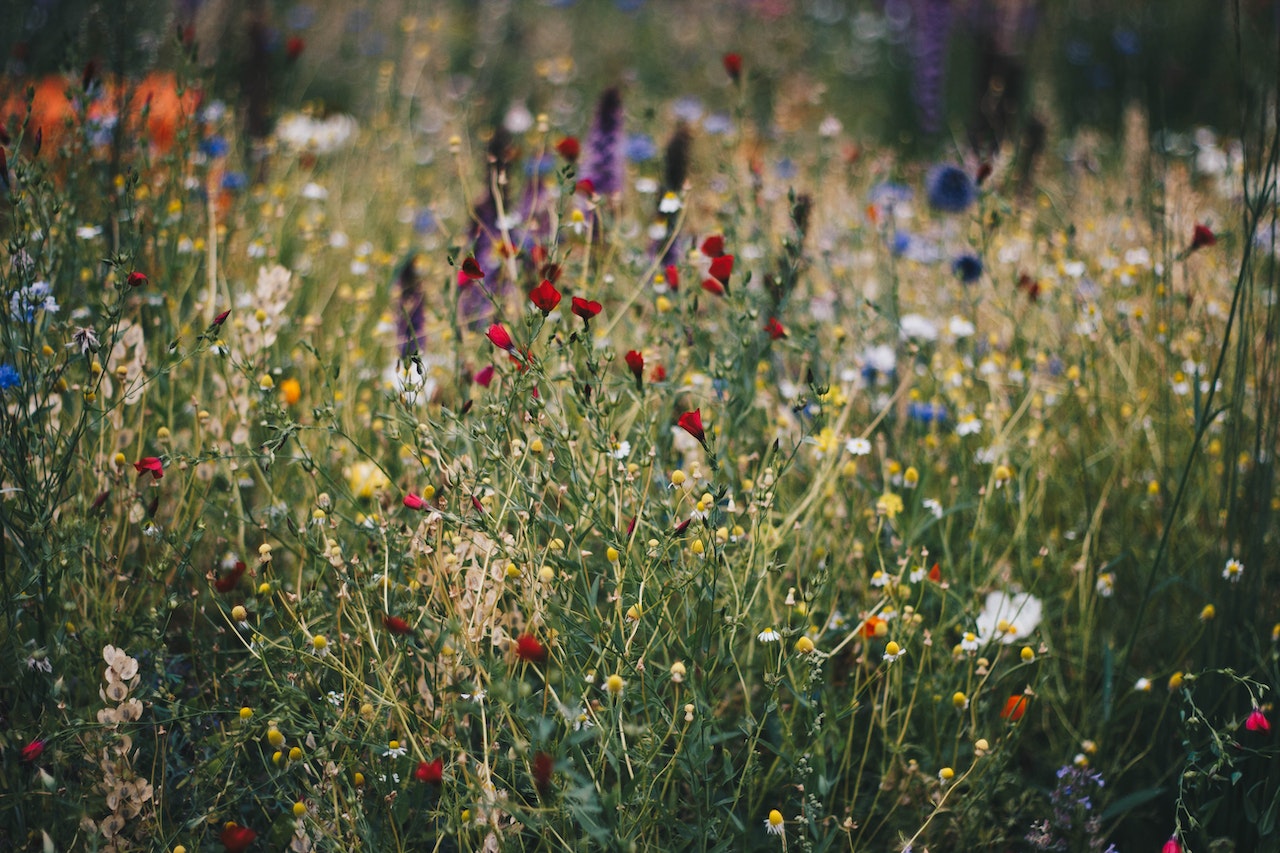6 Ways To Have A More Eco Friendly Garden

Want to have a more eco friendly garden? It’s easier than you think! Just follow these 6 simple steps
By Chere Di Boscio
You’d think that of all places, a garden would be the healthiest, most wholesome area of your entire house.
Unfortunately, that’s often not the case, for several reasons.
Most obviously is the fact that many people use pesticides, fungicides and herbicides on their lawns. Some of these products are so toxic, there have been several lawsuits against their manufacturers, due to their relation to cancer.
But there are other common things most of us do in the garden that are actually pretty bad for the planet. Even though we might not realise it!
If you’d like to have a more eco friendly garden, it’s actually pretty simple.
Read our 5 simple tips, and get a ‘greener’ garden, fast!
6 Ways To Create A More Sustainable Garden

1. Ditch the hose & sprinklers
If you use a sprinkler or an unattended hosepipe, there is likely going to be an incredible amount of water that goes to waste. Collecting rainwater in a water butt is a great way to save many litres throughout the year.
You can also use a watering can rather than a hose, directing water straight to the roots of your plants where it will be most effective. But if you must use a hosepipe, ensure it’s fitted with a trigger nozzle. This will stop the flow of water when you release it. In order to keep that water in the soil, use mulch to cover it. Mulch holds water, reduces evaporation, and also keeps weeds down.
2. Use compost
Healthy soil holds the key to creating a sustainable garden. And learning how to make compost is one of the best ways to keep your soil happy.
To get started, don’t leave your food waste for the garbage collectors. Instead, either make a composter in your back yard, or, you’re stuck for space, get an under-counter composter. Use all the decomposable left-overs from your meals to feed the plants and flowers in your garden. From peas and beans and to egg shells and banana skins, these unwanted scraps will be the elixir of life for your garden.
Making your own compost isn’t only more natural than shop-bought compost, but it’s also a great way to reduce landfill waste!
3. Attract bees and birds with the right plants
Why not try to attract both bees and birds to your garden? To do so, first you should ditch all pesticides and fertilisers, as mentioned above. In particular, neonics and glyphosate (brand name: Roundup) are very harmful to bees (and birds and humans, too!).
Then, plant flowers that attract wildlife, Depending on the region where you live, these could include:
- prairie flowers
- black-eyed Susans
- daisies, grasses
- coneflowers
- milkweed
And finally, create a bird feeder (and recycle a plastic bottle!) by following this tutorial.
Now, sit back and enjoy the little Eden you’ve created!
4. Learn how to make your own pesticides, fertilisers & weed killers
One of the best things you can do to create a more eco friendly garden is to ditch the toxic weed killers. As I mentioned above, herbicides like glyphosate are deadly not only to weeds, but to bees, birds and even humans. The same is true for many pesticides, too.
So, what’s the solution? Make your own, of course!
For pesticides, there are loads of different recipes you can create at home, depending on the bugs that are plaguing your plants. Here are a few to try.
For weed killers, it’s a bit simpler. Pulling weeds out by hand is the best and most effective solution. But if you’re unable to do this, try this recipe:
- 1 gallon white vinegar
- 1 cup salt
- 1 tablespoon liquid dish soap
And finally, for fertilisers, first, you need to know what’s missing from your plants’ diet. Follow the guide below.

5. Plant more native species
Another way to have a more eco friendly garden is to include native plants to support insects and wildlife.
And the reason for that is simple. If you choose the correct plants for the region you live in, they’ll need less feeding and watering. But the best part is this: they’ll attract more native species that rely on them to live.
Moreover, creating a wildflower patch, however small, will help and encourage a huge diversity of wildlife.
6. Say goodbye to grass
My final tip for having a more eco friendly garden is to ditch the grass.
As mentioned above, there are loads of benefits to having native plants in your garden. And there are loads of detriments to having that typically American, sprawling (and let’s face it, rather boring) green grass lawn.
First of all, that kind of grass needs constant mowing, fertilising and watering. Secondly, and most unfortunately, many people dump toxic herbicides on it in order to ensure the ONLY thing on their lawn is grass. No weeds allowed! (No matter how beneficial they may be).
Thirdly, grass is a fairly sterile environment. Not many insects or animals can call it home.
And finally, replacing it with anything from wildflowers to a food garden is more beneficial for wildlife – and you!

- How To Keep Your Dog Or Cat Hydrated This Summer - June 12, 2025
- Are Hartdene Barns The UK’s Most Eco Friendly Homes? - June 6, 2025
- What Is Greenwashing In The Home? - May 25, 2025








